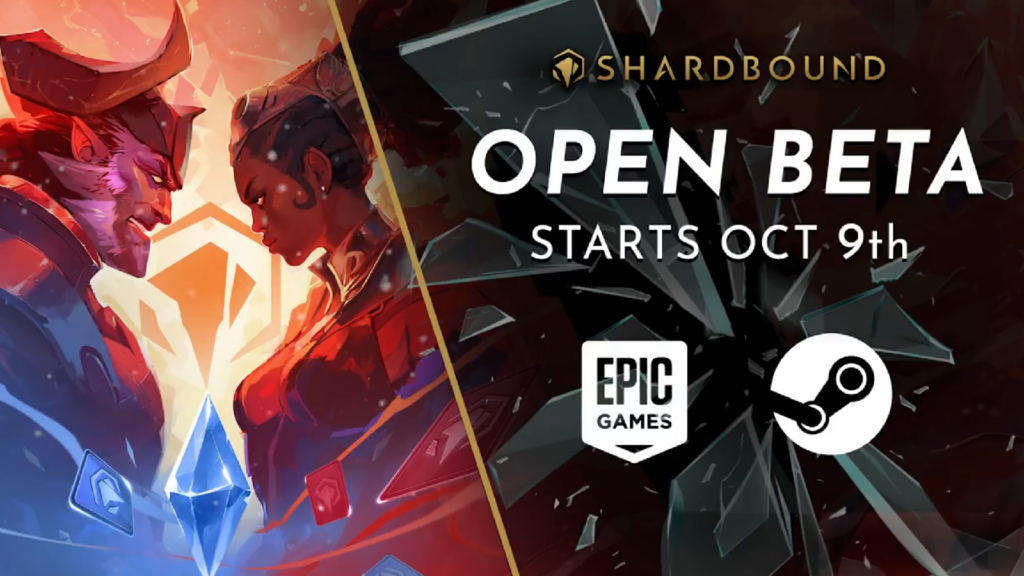On October 9, Shardbound will enter its renewed Early Access phase, offering all players permanent access to a free-to-play tactical multiplayer collectible card game that emphasizes strategy and competitive play over Web 3.0 integration.

Developed by Bazooka Tango in collaboration with Immutable Games, Shardbound combines board-based mechanics with card deck-building, allowing players to engage in quick, tactical matches. Aside from the integration of Immutable Passport for authentication, the game’s initial release will focus on delivering a refined gameplay experience without its planned Web3 elements. This approach, prioritizing game development before blockchain integration, reflects a departure from the trend where Web3 games often prioritize cryptocurrency and NFT sales at the expense of gameplay.
Set in the fictional Axis islands, the game challenges players to use positioning, terrain, and card-based strategy to overcome opponents. Players build customizable decks from hundreds of available units, enhancing gameplay variety and strategic depth.
The Early Access release aims to provide a solid foundation of traditional gaming mechanics, appealing to both casual players and strategy enthusiasts, while future updates are expected to introduce more Web3 features.
Future Web3 Integrations
Currently, the only perceivable Web3 integration is that of Immutable Passport, which is already available at launch as a sign-in option. Immutable Passport serves as an alternative to traditional email-based authentication. It provides a decentralized method of player verification, enhancing privacy and security through blockchain technology. However, major Web3 elements—such as player ownership of in-game assets—will only be rolled out in subsequent updates.
Although Shardbound is releasing in its Web2 form, the development team has indicated plans to introduce Web3 components later in its lifecycle. A significant part of this involves incorporating Immutable’s zkEVM technology, which utilizes Polygon’s zk-rollup solution for scalability, security, and cost-efficiency. This integration will enable players to interact with more Web3 features, such as in-game assets and collectibles, without compromising on performance or accessibility.
The decision to delay these blockchain integrations, while still allowing Web2 gameplay, reflects the developers’ priority to establish a robust gaming experience first. Immutable Games Chief Studio Officer, Justin Hulog, has emphasized the commitment to a player-centric approach, where gameplay takes precedence over speculative aspects like NFTs or tokens. This approach seeks to strike a balance between maintaining the core mechanics that appeal to traditional gamers and introducing Web3 features that offer digital ownership and new incentives for participation.
Web3-friendly players can expect a gradual rollout of these features, ensuring a stable transition from a Web2 to a Web3 gaming model, while Web3-wary players will be able to enjoy the game without interacting with any web3 element. In contrast to many early Web3 games that often prioritized monetization, Shardbound is positioning itself as a game-first project, with blockchain components designed to complement—rather than overshadow—the core gameplay experience.
Sources:
Immutable: https://www.immutable.com/play/shardbound
Discord: https://discord.com/invite/shardbound-game
Game Links:
Epic Games: https://store.epicgames.com/en-US/p/shardbound-504243
Steam: https://store.steampowered.com/app/586030/